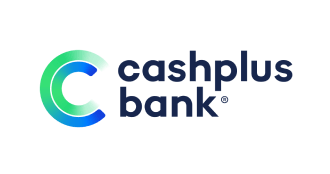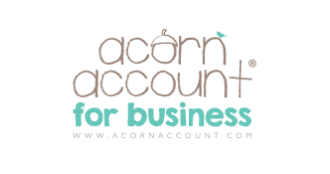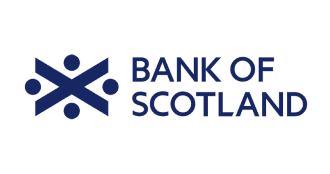Does a start up need a business bank account?
Whether you need a business bank account depends on the type of business you have, though it can also depend on your personal preference for managing your finances.
Sole trader
If you are a freelancer, self-employed or a contractor, known as a sole trader, it is your choice whether you open and use a business account. Even so, you might want to have one, so your personal transactions are kept separate from your work payments. That way, you will be able to see business income and expenses, and monitor cash flow more easily. This will also help make life easier when it comes to completing your tax return.
Separating your personal and business affairs early on could also come in handy as your business grows. Added to that, your business will build up its own business credit score and, if you manage it well, may be in a better position for a business loan or business credit card in the future.
You may also be glad to have a business account if you hire an accountant or tax adviser to manage your finances, or if HMRC needs to make an inspection, as your personal transactions will be separate. And if you are billing customers, you may look more professional if payments are made to a company name, rather than your name.
If you decide to use a personal current account for business transactions instead, maybe because you only occasionally do freelance work, check the account terms and conditions. Some banks won’t let you use personal accounts for business purposes, and if your account shows lots of business-related transactions your services may be stopped and your account may be closed.
Limited company
If your start up is a limited company or limited liability partnership (LLP), even if you are the only employee, you need to have a separate business account. Company income should only go into that account, and you can pay your expenses and salaries out of it.
Your company’s money has to be kept separate from your personal money, as it is a separate legal entity. A business bank account is an easy way to prove that separation.


































